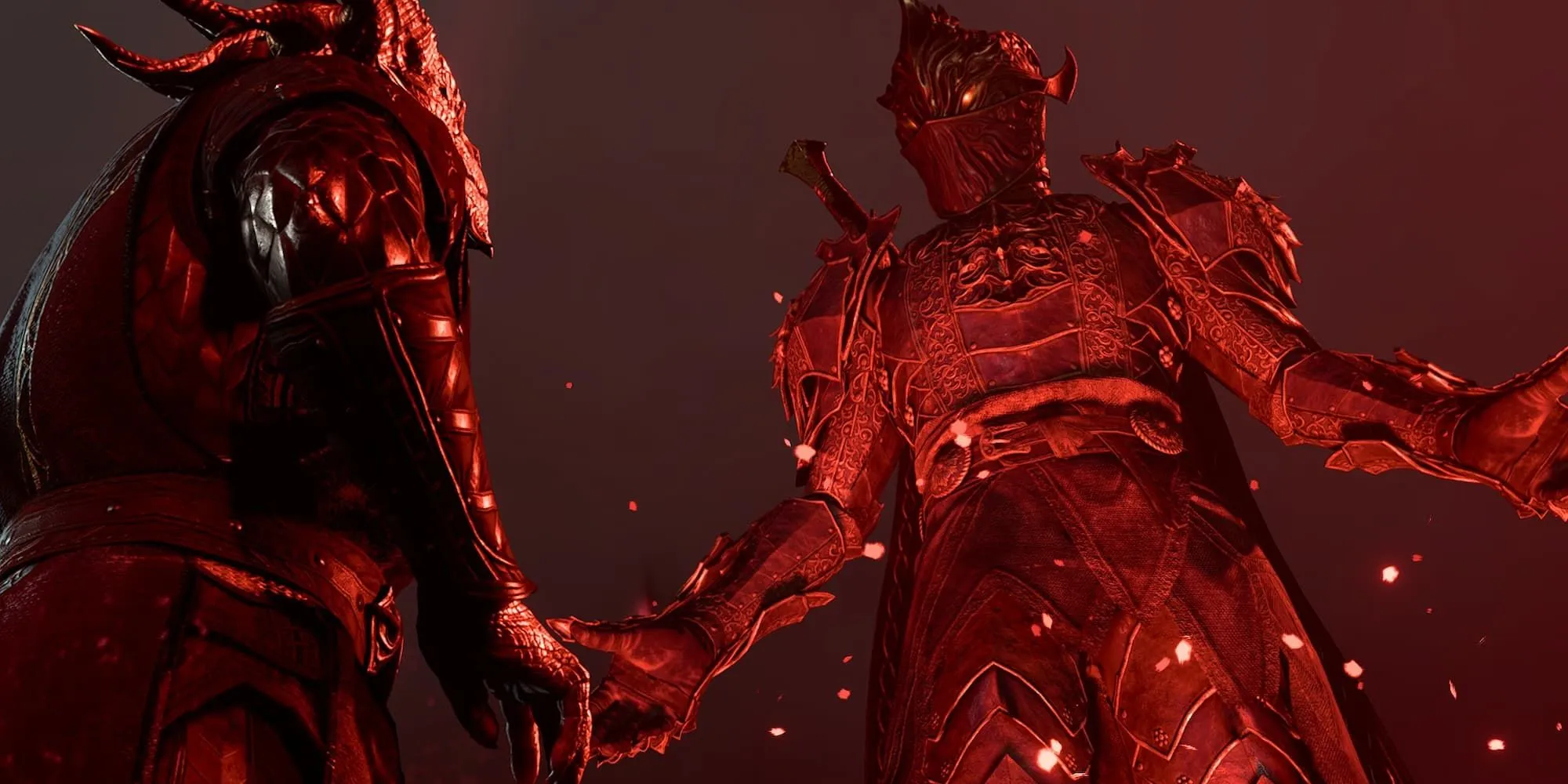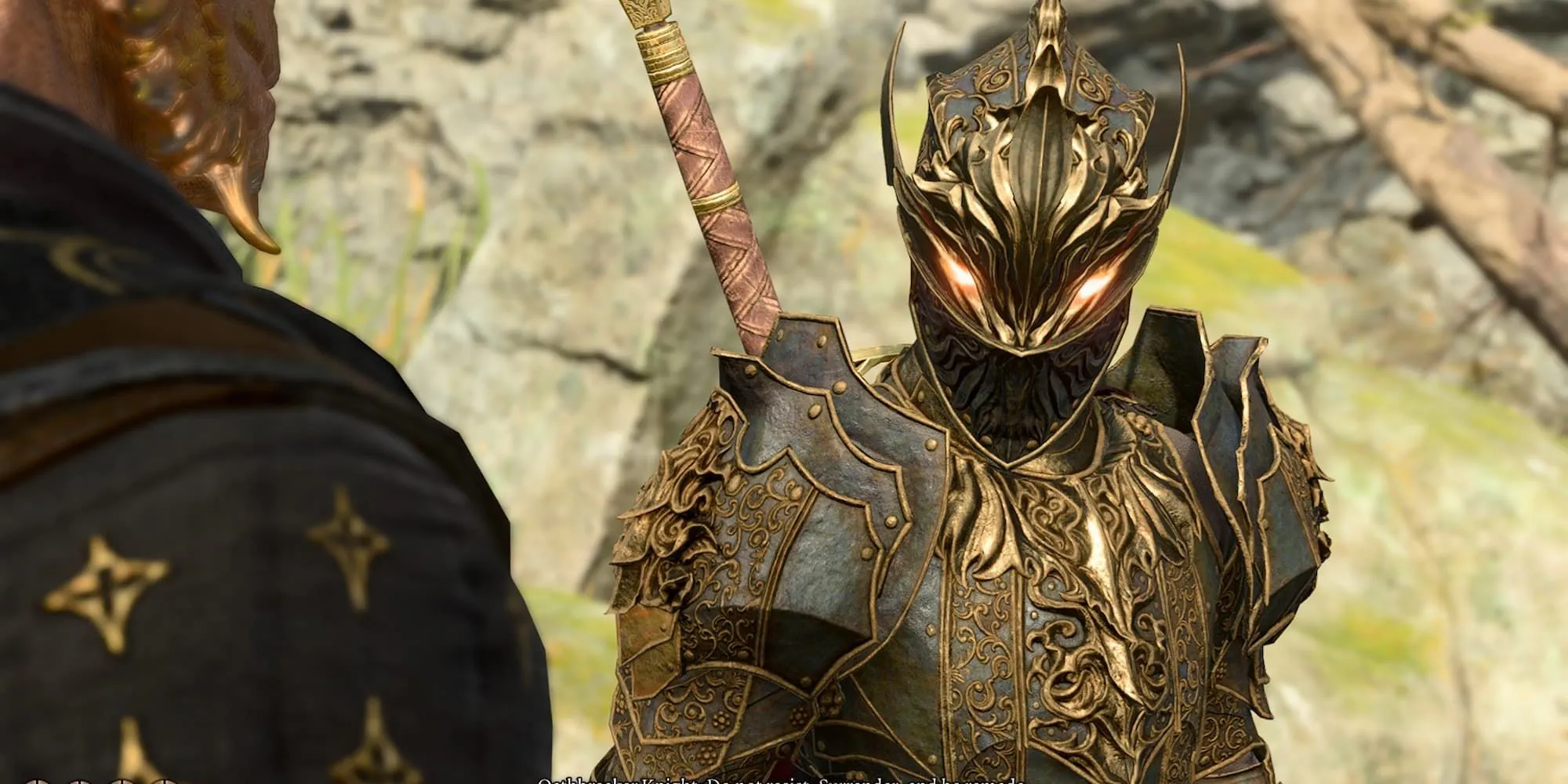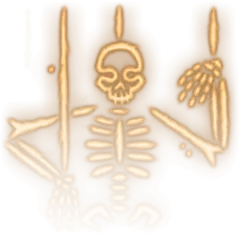
In the realm of Baldur’s Gate 3, Paladins embody the ideals of virtue and dedication. Each Paladin is bound by a sacred oath, vowing to uphold all that is righteous. While fidelity to these oaths is paramount, circumstances may arise where a Paladin diverges from their sworn path.
Enter the Oathbreaker Paladin—a character type that represents a deviation from the path of righteousness. This transformation can occur due to conscious choices or unforeseen events. For players committed to an aligned roleplay experience, the Oathbreaker may seem like a setback. On the other hand, players exploring the shadowy aspects of moral ambiguity may find a powerful allure in breaking their oaths.
Updated December 20, 2024 by Marc Santos: The Oathbreaker Paladin class offers significant potential, especially when paired with the Warlock class for dual specialization. However, not every player may wish to embrace this darker path. For those who seek redemption, our guide now includes strategies for restoring lost virtue, along with insights on the implications of further oath-breaking.
How to Break a Paladin’s Oath

Essentially, Paladins who act in contradiction to their sacred duties risk losing their divine powers. The specifics can vary depending on the type of oath they have sworn. Different oaths come with unique tenets, which dictate what actions are permissible and what may constitute a breach.
For instance, those aligned with the Oath of Devotion are compelled to exemplify heroism, compassion, and unwavering duty. Engaging in acts such as the intentional killing of an innocent will deem them Oathbreakers—a serious misstep for a Devotion Paladin.
Conversely, Oath of the Ancients Paladins serve as guardians of nature and benevolence. Malicious acts, like harming creatures or causing tragedies, automatically sever their ties to this oath.
Lastly, the Oath of Vengeance allows for a broader interpretation. These Paladins are tasked with meting out justice against the wicked, but showing mercy—such as sparing foes in critical moments—can lead to an oath’s dissolution.
If a Paladin breaks their oath, the Oathbreaker Knight will confront the player. By speaking to him at camp, players can formalize their new status as an Oathbreaker.
Can You Restore Your Oath in Baldur’s Gate 3?
Yes, a Paladin can indeed reclaim their original oath. If a player wishes to revert back to their previous path—perhaps after a moment of regret—all they need to do is communicate with the Oathbreaker Knight and express their intention to retake their oath. This action, however, comes at a financial cost.
Players can break their oaths multiple times, as long as they can afford the expenses associated with retaking them. A word of caution: the cost escalates with each subsequent oath renewal, and if the Oathbreaker Knight ceases to appear at the player’s camp, they may find themselves permanently branded by their choices.
For those navigating the complexities of managing their oaths, employing the respec feature in BG3 prior to actions that would lead to oath-breaking can be strategically beneficial. Notably, the Oath of Devotion offers the simplest path to break, with the act of killing an innocent civilian serving as a trigger.
What Powers Does an Oathbreaker Possess?

Oathbreakers make a significant trade-off: they forfeit access to their holy spells, gaining instead a suite of unholy magic. Shifting from a balanced role between frontline combat and support, they turn their focus towards damage-inflicting capabilities, utilizing offensive spells and necromancy.
Players retain the ability to use Divine Smite, even in their new role. Their combat style mirrors that of a Warlock, blending melee assaults with mystic, Necrotic spells. Key spells available to Oathbreakers include:
- Spiteful Suffering: Inflicts Necrotic damage on targets, granting them the advantage on further attacks.
- Control Undead: Allows users to dominate lower-level undead creatures.
- Hellish Rebuke: A reactive spell that deals Fire damage to attackers.
 Animate Dead: Creates an undead minion from a corpse.
Animate Dead: Creates an undead minion from a corpse.- Aura of Hate: Enhances melee damage for the Paladin and nearby allies based on the Paladin’s Charisma modifier.




Leave a Reply